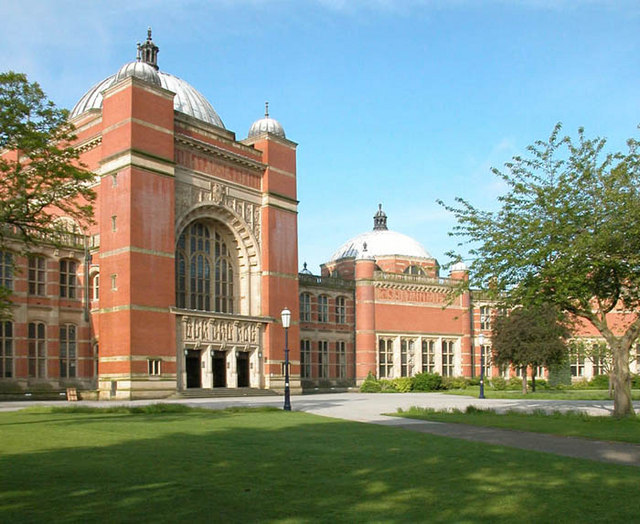LONDON (Parliament Politics Magazine ) -The UK Government has promised to bring an end to ‘conversion therapy’. In May Government Minister, Mike Freer MP, said he expected legislation would be published in the Autumn. With activists calling for the broadest ban possible, it remains unclear exactly what the Government wants to ban.
For many, the term ‘conversion therapy’ will summon images of horror-film-like scenes: people strapped with electrodes and forced to look at images, then given shocks for spending too long looking at the wrong ones.
Unfortunately, this scene is not so historically inaccurate. These kinds of experimental psychological treatments were carried out on some LGBT people in the past, as the University of Birmingham this week admitted.
It has apologised for its involvement in “sexual reorientation practices that are degrading, unethical and harmful”, that took place at the University between 1966-1983.
Thankfully these practices have no support among academics or medical professionals today. They clearly offer no ‘therapy’, but cause lasting trauma. We can all agree that no one should be subjected to such abuses.
Does such ‘therapy’ still take place?
Sadly some of these discredited experimental ‘therapies’ might still be taking place today in some developing countries. But such horrific practices are illegal across the western world.
In a leaked memo, the Government confirmed that such practices are prevented in the UK: “there is already legislation to address acts which inflict physical harm and talking therapies are already subject to regulation through professional frameworks for healthcare professionals”.
Despite what some claim, surveys of LGBT people do not prove that this kind of ‘conversion therapy’ is still taking place, lawfully, in the UK today. The Government’s analysis of its own study, for example, notes: “we were not able to conclude whether those who reported being subjected to therapies were reflecting on recent events, incidents in the UK, or to say whether what they experienced was already covered by existing legislation”.
Responses to freedom of information requests sent to all police forces in the UK disclosed zero reports of electric shock therapy. Of the 24 police forces who replied, not one had arrested or detained anyone for it in the past five years.
Of course, if it were to take place today, victims should be helped to bring the full force of the law to bear on those who carry it out. But we should be thankful that these discredited practices appear to have been consigned to the dustbin of history.
Is more legislation needed for other ‘conversion therapy’?
Those who call for a conversion therapy ban say abusive and coercive practices must be ended. But existing law covers all the bases. Activists talk of conversion therapy as ‘torture’. But, again, this is clearly outlawed by UK and international law.
Instead of fixing real problems, a new law in this area would undoubtedly have “unintended consequences”. Those two words became inextricably linked to the conversion therapy campaign when the UK’s equalities watchdog (EHRC) published its response to the Westminster Government on a proposed ban. It said care was needed to “avoid criminalising mainstream religious practice such as preaching, teaching and praying about sexual ethics”. That may seem like an obvious point. But it’s precisely what many activists are calling for.
Surely they don’t really want to ban prayer?
Surveys used by LGBT activists to push for a ban count ‘private prayer’ and ‘plea bargaining with God’ as ‘conversion therapy’. But how could someone praying alone be outlawed? How can talking to God be equated with electric shocks?
They don’t want a ban that only covers abusive practices. They want a ban to outlaw beliefs they don’t agree with. Whether that is the beliefs of feminists who disagree with gender ideology, or Christians who call for repentance, campaigners want to criminalise people for not affirming a particular form of LGBT ideology.
One such ‘conversion therapy’ ban in Victoria, Australia, does just that. Official guidance there says that “not affirming someone’s gender identity” is outlawed, and that it is illegal for churches to withdraw membership from those who reject their teaching on sexuality.
Even if you disagree with such beliefs, it is clearly repressive and wrong to criminalise those who assert the reality of two distinct human sexes, or Christians who uphold Biblical ethics. It is a world away from banning the horrific practices of the past.
We mustn’t be fooled by those who equate physical abuses from the last century with the mere expression of opinions about how we should live. The University of Birmingham was right to apologise for what was dangerous and wrong, but those experiments ended decades ago. ENDS
James Kennedy works in public affairs at The Christian Institute and is part of the Let Us Pray campaign.


